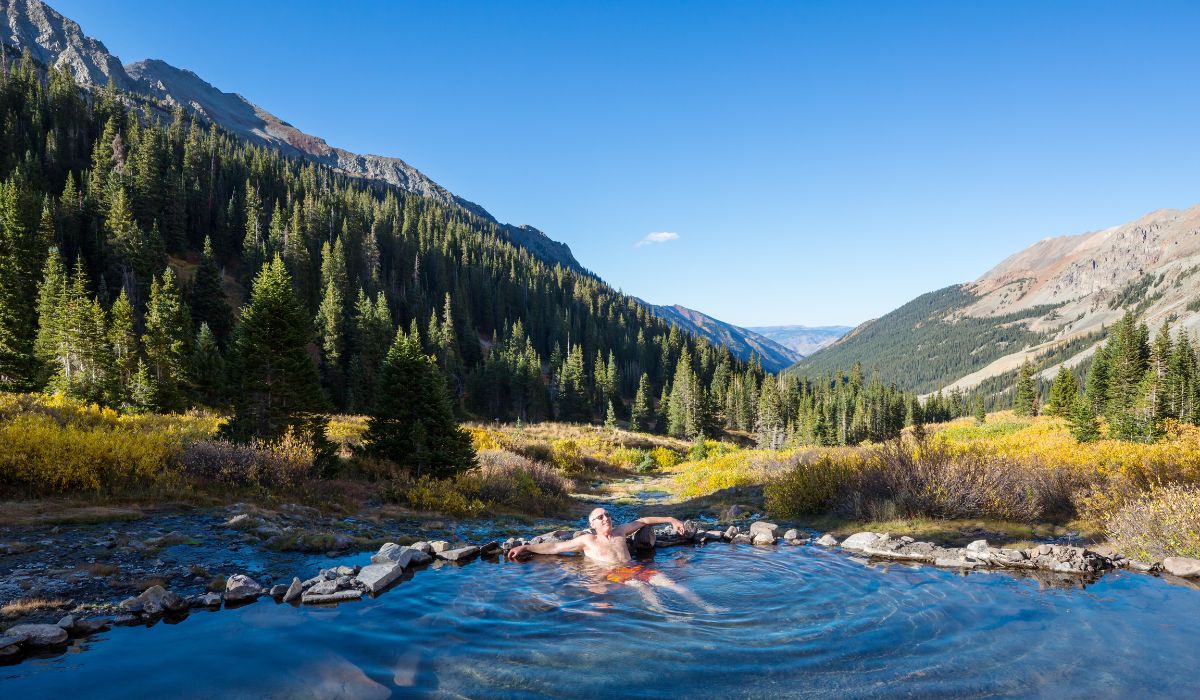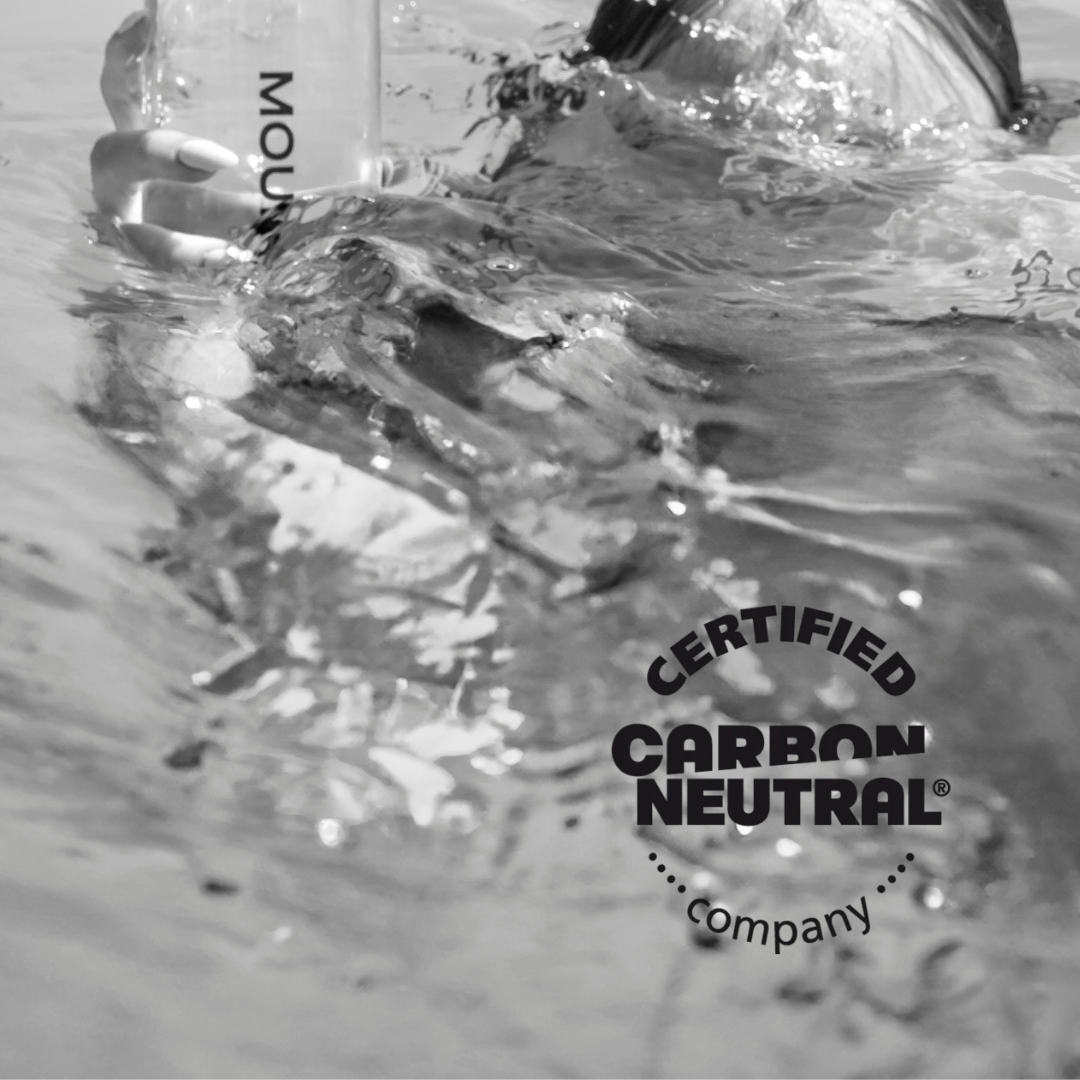We're all about staying hydrated with the purest, healthiest mineral water available, and that's where Mountain Falls comes in. As leaders in supplying South Africa with top-notch mineral water, we're committed to keeping you refreshed and revitalized.
At Mountain Falls, we pride ourselves on sourcing water that's not just refreshing but also rich in natural minerals. Our dedication to quality has made us a go-to for those who value their health and hydration. Join us as we explore the essence of purity in every bottle.
Water for Sale at Mountain Falls
Environmental Impact
We can't talk about water for sale without addressing its environmental toll. Despite efforts to mitigate damage, the production and disposal of plastic bottles contribute significantly to environmental degradation. Mountain Falls has taken proactive steps by committing to a plastic neutral initiative, which ensures that for every bottle produced, an equivalent amount of plastic waste is removed from the environment. They offset their plastic use by investing in recycling projects and supporting cleanup activities. However, the bottled water industry as a whole still poses challenges due to the energy-intensive production of plastics and the emission of greenhouse gases.
Plastic Pollution
Plastic pollution is one of the most pressing environmental issues we face today, exacerbated by the bottled water industry. In recognizing this, companies like Mountain Falls aim to tackle the problem head-on. Their plastic neutral commitment underscores that for every bottle sold, efforts are made to retrieve and recycle a similar amount of plastic from the environment. Yet, countless plastic bottles still end up in landfills every year, contributing to a cycle of pollution that affects wildlife and ecosystems. This relentless accumulation underscores the pressing need to explore and adopt more sustainable alternatives.
Water Scarcity
While discussing water for sale, it's imperative to consider the broader picture of water scarcity. South Africa is already a water-scarce country, and the mismanagement of this vital resource further aggravates the issue. With a skewed distribution of water resources, it's crucial to understand that bottled water sales can intensify the pressure on local water supplies. Accessibility and sustainability remain key concerns in regions already facing dire shortages. Companies in the beverage sector must act responsibly, ensuring they do not compound the existing stress on South Africa's vulnerable water systems.
Benefits of Choosing Alternatives
When considering water for sale, it's worthwhile to explore alternative options that not only meet our hydration needs but also offer various benefits. From cost savings to health improvements and sustainability, these alternatives can have a significant impact on our lives and the environment.
Health Benefits
Access to clean, safe drinking water is crucial for our health. However, the quality of water for sale can vary, and not all bottled waters are created equal. Options such as at-home water filtration systems can provide us with control over the purification process, potentially leading to better health outcomes. Filtration can remove contaminants that might be present in tap water while retaining essential minerals. This has the added benefit of avoiding the consumption of potentially harmful substances that can leach from plastic bottles.
Sustainability
Our choices have a profound effect on the planet, and selecting sustainable options is a responsibility we all share. The production and disposal of plastic bottles contribute to pollution and greenhouse gas emissions. By opting for alternatives to bottled water for sale, such as reusable bottles and community water systems, we actively reduce our environmental footprint. These choices help curb plastic waste, lessen resource exploitation, and mitigate the impact on water-scarce regions by reducing demand on local supplies.
Incorporating sustainable practices into our daily lives doesn't just stop at individual actions. It's also about urging companies in the beverage sector to adopt more eco-friendly processes. Sustainable water sourcing and packaging can influence industry standards, paving the way for a greener future.
How to Make the Switch
Educate Yourself
It's crucial that we inform ourselves about the realities of bottled "water for sale" and its alternatives. We need to understand the environmental footprint of our consumption choices. By doing diligent research and becoming aware of the diverse water sources available to us, we can make more educated decisions. It's not just about quenching thirst but also about knowing what goes into every bottle we buy - from the extraction and bottling process to the logistics of transportation. Learning about the social and ecological impacts can drive us toward making a positive change.
Conserve Water
As we shift away from purchasing bottled "water for sale," conservation comes into play. Simple actions like turning off the tap while brushing teeth or fixing leaks promptly can significantly reduce water wastage. Investing in water-efficient appliances can also help conserve this precious resource. By leveraging rainwater harvesting or adopting xeriscaping in our gardens, we move towards a more sustainable lifestyle. It's about creating a culture of conservation within our communities to ensure water availability for future generations.
Support Sustainable Initiatives
To amplify the impact of our individual efforts, it's important to lend support to sustainable initiatives. Encouraging companies to adopt eco-friendly packaging and reduce their carbon footprint is a step in the right direction. We can also advocate for policies that invest in and promote the development of clean, accessible water sources. By backing organizations that work towards water conservation and supporting campaigns against water privatization, our actions go beyond personal benefit and contribute to a larger, global goal of water sustainability.
Conclusion
We've explored the myriad of reasons why turning away from bottled water sales is a wise choice. It's clear that our actions have a profound impact on both our wallets and the planet. By opting for more sustainable water sources and supporting policies that protect our natural resources, we're not just making a statement—we're contributing to a healthier, more sustainable future. Let's continue to educate ourselves and others about the importance of water conservation and make choices that reflect our commitment to the environment. Together, we can ensure that the well-being of our planet remains a top priority.
Frequently Asked Questions
What are the main benefits of choosing alternatives to bottled water?
Bottled water alternatives offer cost savings, health benefits, and help in reducing environmental impact. By opting for these alternatives, individuals can contribute to sustainability and water conservation efforts.
How does choosing alternatives to bottled water help the environment?
Choosing alternatives helps reduce plastic waste and the carbon footprint associated with producing and transporting bottled water. It also supports efforts to prevent pollution and protect natural water sources from over-extraction.
Can switching to bottled water alternatives contribute to water conservation?
Yes, by selecting alternatives to bottled water, individuals support the sustainable use of water resources and advocate for the preservation of clean water sources, aiding in water conservation initiatives.
What actions can be taken to promote water sustainability?
Actions include advocating for eco-friendly packaging, supporting policies that safeguard clean water sources, and educating oneself and others about the environmental impacts of consumption choices.
Why is it important to be mindful of our consumption choices?
Being mindful of consumption choices helps individuals make informed decisions that align with health, cost-saving, and environmental sustainability goals. It encourages a collective effort towards a more sustainable future.
How can I learn more about the environmental footprint of bottled water?
To learn more about the environmental footprint, one can research the lifecycle of bottled water, from production to disposal, and the effects on ecosystems. Additionally, reading studies and reports from environmental organizations can provide valuable insights.



